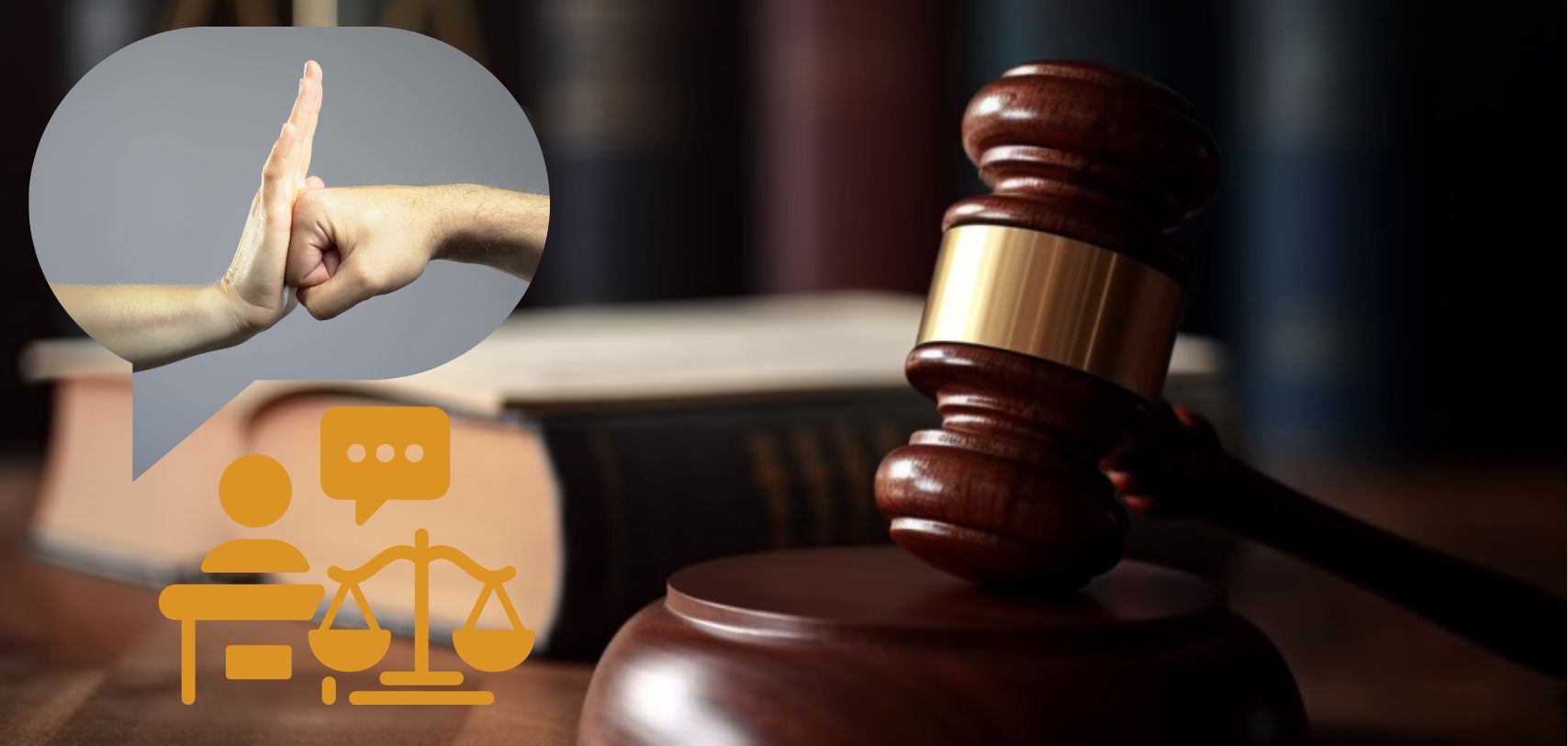Criminal law can be gripping and shrouded in mystery! It entails foreign terminology and its own realm of language and behaviours which may make no sense to an outsider.
If you are curious to know more about criminal law and some of the most common terms related to it, you’ve come to the right place. In this guide, we will help you get acquainted with the terminology, expectations and processes concerning criminal law.
Immersed in a section of its own, criminal law remains one of the most thought-provoking bodies of law practised worldwide.
So, without further delay, let’s get started.

Understanding Criminal Law
We intend to provide you with information primarily of an introductory nature; please don’t rely on it as a substitute for professional or legal advice. Here are some essential terms related to criminal law that you should know.
1. Going To Court
As intimidating as it sounds, going to court is often one of the first or last resorts, depending on your circumstances. As such, it is always advisable to have a lawyer who can represent you in court, as they are more acquainted with the terminology, conduct and accepted behaviours in a courtroom.
2. The Trial Process
The trial process consists of two opposing parties presenting their respective evidence in court. A third party, who is the judge, will then factor in the two parties’ evidence and present a verdict.
Ideally, the trial process consists of the following steps:
- Selection of jury members
- The defence makes its opening statement
- Witnesses are called
- Cross-examination
- Re-examination
- Final submission by both the parties
- Summary of the case (by the judge)
- Jury deliberation
- Verdict
3. Arraignment
The process of reading the charges in front of a jury and the judge for the first time is known as an arraignment. The defendant is required to respond to each charge with the quote – “guilty” or “not guilty.”
4. Committal Hearing
A committal hearing is held before a case proceeds to trial. During this hearing, the prosecution will determine whether there is sufficient evidence to indicate to the jury if you have committed a serious offence.
5. Minor Matters
Minor matters are typically handled in the Local Court. If the person pleads guilty, their lawyer will refer the case to a magistrate for sentencing. However, if the person pleads not guilty, they may be required to appear in court several times.
6. Major Matters
Unlike minor matters, major matters are handled by any District Court or the Supreme Court. Those pleading not guilty have to provide substantial reasons why a witness should provide evidence in a committal hearing.

Final Words
The world of criminal law gets more intriguing the deeper you delve into it.
Although we have just brushed up on some of the most common terms and processes, there is still a lot more to learn about criminal law. You can refer to books or articles online to learn more about this fascinating world.
Until then, stay safe!

 (02) 8806 0866
(02) 8806 0866 





